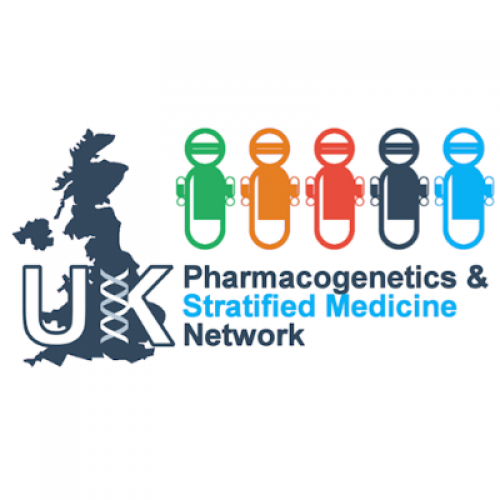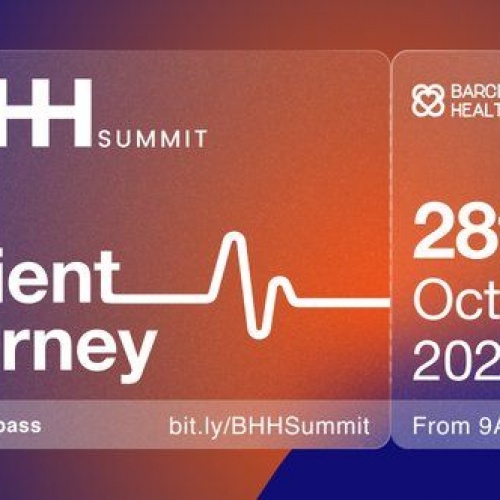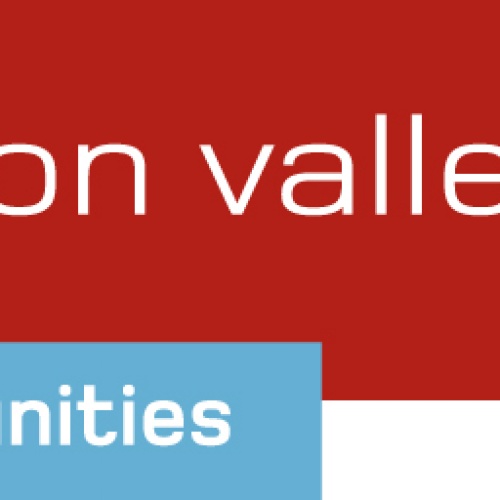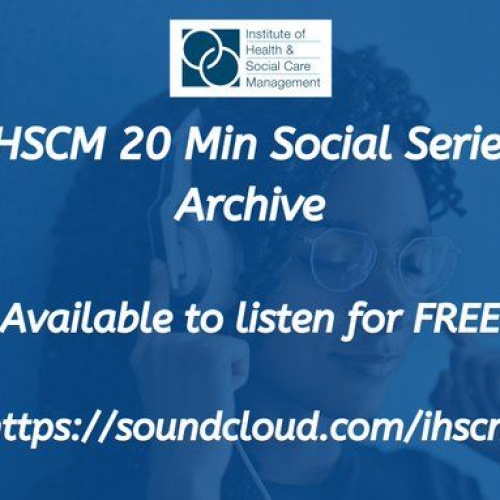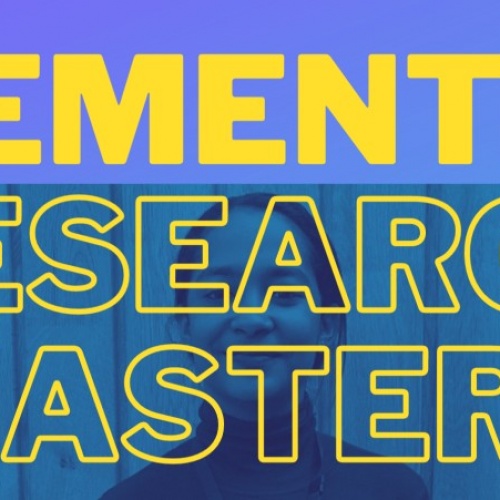Blog
Will Molina Healthcare Stock Rebound After An 8% Fall In A Week?
The stock price of Molina Healthcare, a managed care company best known for its health insurance through Medicaid and Medicare, reached its all-time high of $279 earlier this month, before a recent sell-off in health insurance stocks, led to an 11% fall in MOH stock to levels of around $248 currently. MOH stock is down 8% over the last five trading sessions. While the company raised its full-year guidance for revenue and earnings, there are concerns of rising Covid-19 related costs. The company benefited from lower medical costs in 2020, primarily due to fewer elective surgeries, but that trend has now reversed. With rising vaccination rates, there is a rise in the volume of elective surgeries, primarily due to a backlog that was created last year. This means health insurance companies will need to shell out more money to pay those bills. Molina’s MOH +2% medical costs as a percentage of premium income has risen to 88% in Q2 2021, compared to 82% in the prior year quarter, and it is likely to remain high in the near term. Now, after an 8% fall in a week, will MOH stock continue its downward trajectory over the coming weeks, or is a recovery in the stock imminent? According to the Trefis Machine Learning Engine, which identifies trends in the company’s stock price using ten years of historical data, returns for MOH stock average 8% in the next one-month (twenty-one trading days) period after experiencing an 8% drop over the previous week (five trading days). Also, the issue of high medical costs appears to be transient, and the company has raised its full-year outlook. As such, we believe that the MOH stock will likely rebound in the near term. But how would these numbers change if you are interested in holding MOH stock for a shorter or a longer time period? You can test the answer and many other combinations on the Trefis Machine Learning Engine to test Molina Healthcare stock chances of a rise after a fall. You can test the chance of recovery over different time intervals of a quarter, month, or even just 1 day!
Read more: Will Molina Healt...Eagle Labs Funding Readiness Programme powered by Capital Enterprise
Eagle Labs Funding Readiness Programme powered by Capital Enterprise The next Funding Readiness programme will run in October and November 2021 with a Demo Day for selected businesses being held in January 2022 with tailored demo day support held in…
Read more: Eagle Labs Fundin...How Ultrahuman Is Moving From Sports Science To Global Healthcare
Ultrahuman founders Mohit Kumar and Vatsal Singhal started out with a project that aimed to help athletes train more smartly; today, their business is rapidly transitioning into a healthcare company on the frontline of the battle against a global metabolic health crisis. Ultrahuman, which is today unveiling a $17.5m funding round led by Alpha Wave Incubation, is a metabolic fitness platform, offering users a convenient way to monitor their glucose levels in real time – and, crucially, to live more healthily. Kumar and Singhal are best known as co-founders of food ordering app Runnr, which was eventually acquired by Zomato. Following that acquisition, Kumar took some time out to indulge his love of MMA, training at the Tiger Muay Thai martial arts camp. “I was amazed at how many athletes were using data to an unprecedented extent in their training,” Kumar recalls. “It was also obvious to me that they were finding it complicated and stressful to do that, taking measurements, building their own spreadsheets and doing their own analysis.” That experience inspired Kumar and Singhal’s next venture. Ultrahuman aims to automate and augment the use of data in health and fitness. Users wear a patch that continually measures their glucose levels and automatically transmits the data to the Ultrahuman platform. Kumar and Singh have built a metabolic health index so that each user constantly gets a score, based on their data. This allows them to monitor the effects of food, drink and exercise on their glucose levels and to adjust their lifestyles accordingly.
Read more: How Ultrahuman Is...UKPGx Network & ABPI Joint Long COVID Workshop
The UKPGx Network and ABPI are jointly holding a Long COVID Workshop via Zoom on Tuesday September 21st. Last Booking Date for this Event: 20th September 2021 Click here for more information.
Read more: UKPGx Network & A...Rejecting Silicon Valley, the CEO of Doximity built a multi-billion dollar company.
Doximity co-founder and CEO Jeff Tangney now owns $2.9 billion in shares after the company went public on the New York Stock Exchange.
Read more: Rejecting Silicon...AIXR Insights Live: On the Horizon: Looking to the Future of WebXR
Save the date: August 24, 7:00 pm In the industry of immersive technologies, WebXR is a relatively new but fast-growing technology. Join AIXR - The Academy of International Extended Reality Insights Live Webinar and let a panel of experts guide you through…
Read more: AIXR Insights Liv...Did you already register for your ticket to the #BHHSummit 2021 by Barcelona Health Hub?
#BHHSummit is the annual event of Barcelona Health Hub bringing together forward thinking innovators from across the world. A unique opportunity to discuss relevant and timely topics, showcase technological solutions and create synergies between the different actors through powerful networking. This year,…
Read more: Did you already r...Increased Cyberattacks On Healthcare Institutions Shows The Need For Greater Cybersecurity
While the pandemic brought about inspiring displays of solidarity and compassion, as with any tragedy, bad actors took advantage of the situation for personal gain. While hospital workers set up field hospitals in parking lots and clinicians risked their health to combat the frightening virus, hackers, ransomware gangs, and financial scammers doubled down on their mission to obtain valuable patient data. The number of hacking incidents reported in healthcare climbed for the fifth straight year in 2020, according to my company's report, jumping 42% in 2020. Hacking incidents comprised more than half of all last year's patient data breaches — 62% — up from 2019. According to the Wall Street Journal (paywall), healthcare hacking attacks were particularly brutal in 2020, with data from the U.S. Department of Health and Human Services showing "that almost every month last year more than 1 million people were affected by data breaches at health-care organizations." These unsettling figures are good indicators of how hackers targeted healthcare organizations amid the pandemic, but given how Covid-19 overwhelmed healthcare organizations' limited resources, a worrisome volume of data breaches could still have yet to be detected.
Read more: Increased Cyberat...LIFE SCIENCE ACROSS THE ØRESUND – a survey of transregional commuters, actors, research and investments
GREATER COPENHAGEN LIFE SCIENCE ANALYSIS INITIATIVE is an EU-project aimed at increasing knowledge about the region’s life science cluster. The focus is on the demand for labourers, future expertise needs, and more. The project has received funding through the EU-programme…
Read more: LIFE SCIENCE ACR...What 400 Flawed Healthcare AI Models Can Teach Us
The hundreds of flaws in AI models built to help tackle COVID-19 could be viewed merely as a consequence of fast-moving efforts to stop a crisis. Yet, academics calling out these flaws want you to hear their alarm. Their voices are precisely what more business leaders and policymakers need to hear as the U.S. increasingly adopts AI for medical and commercial use.
Read more: What 400 Flawed H...Institute of Health & Social Care Management popular 20 Min Social Series Archive is now available for FREE!
Guests discuss workforce, recruitment, care home management, dementia & social care experiences. Want to listen to IHSCM latest 20 Min Socials? Join today.
Read more: Institute of Heal...Help Overseas Student Study Dementia Research
Technology allows many of us great independence. This overseas student hopes to use medical innovation to improve the lives of #dementia patients. Invest in this #postgraduate research opportunity here.
Read more: Help Overseas Stu...
